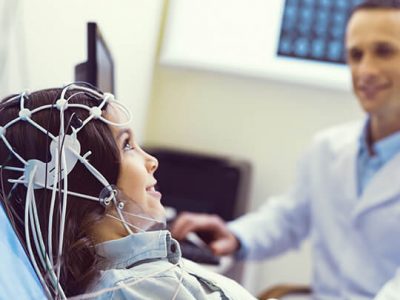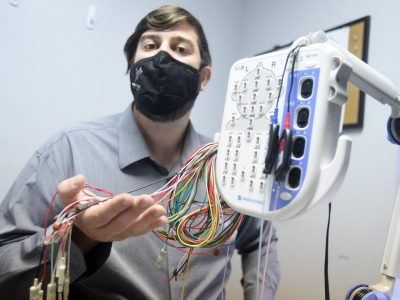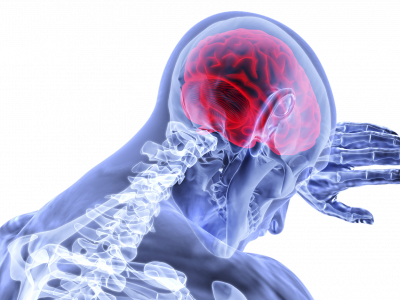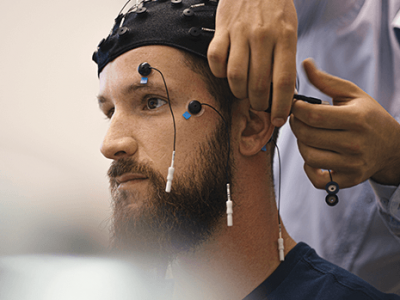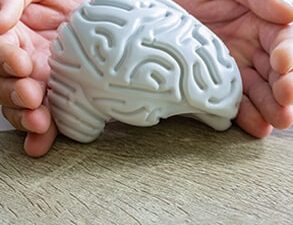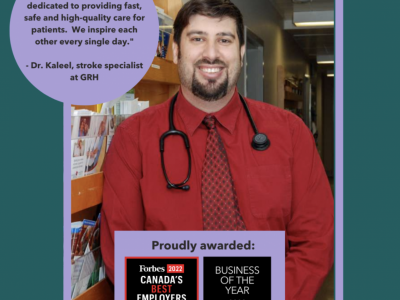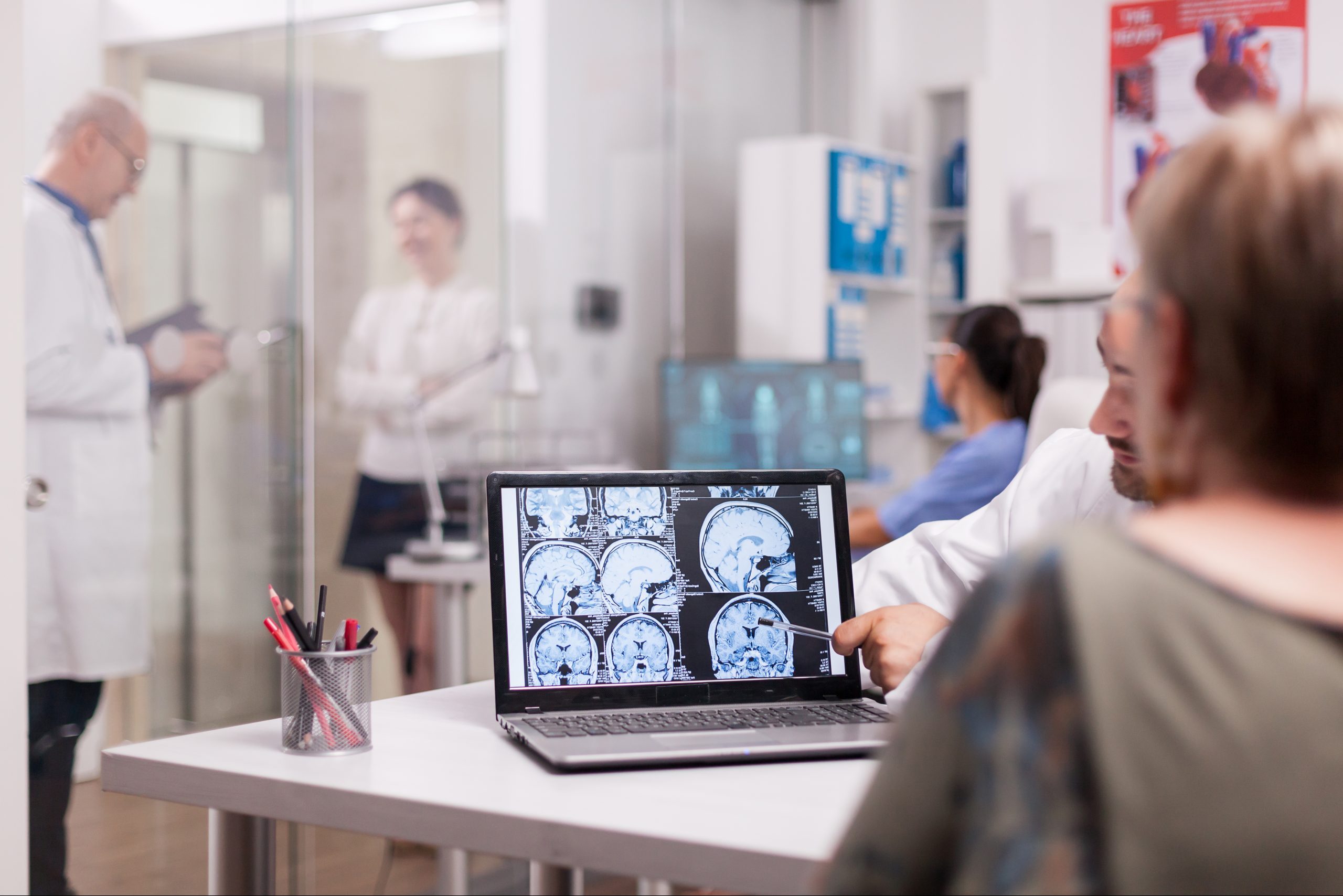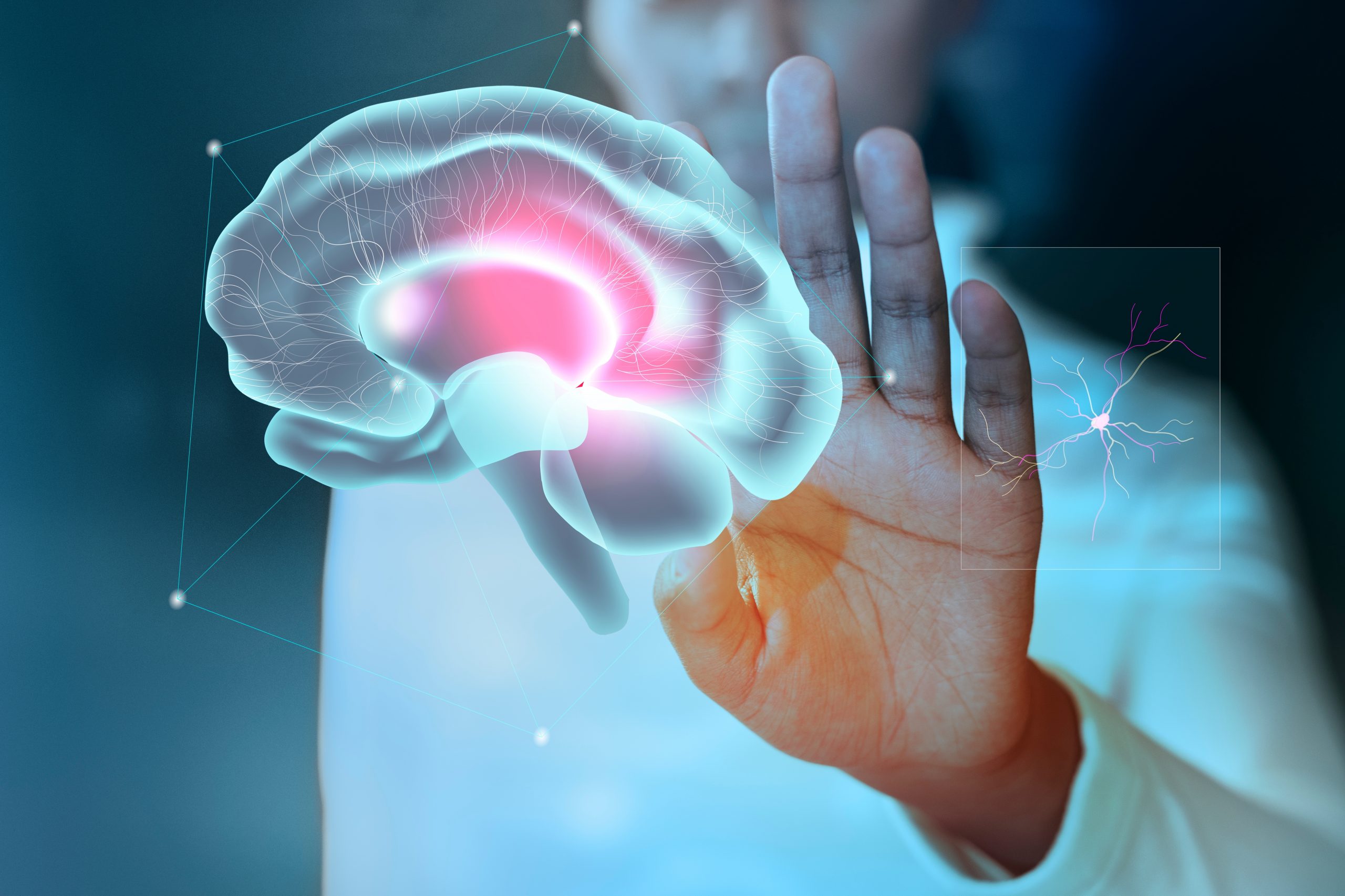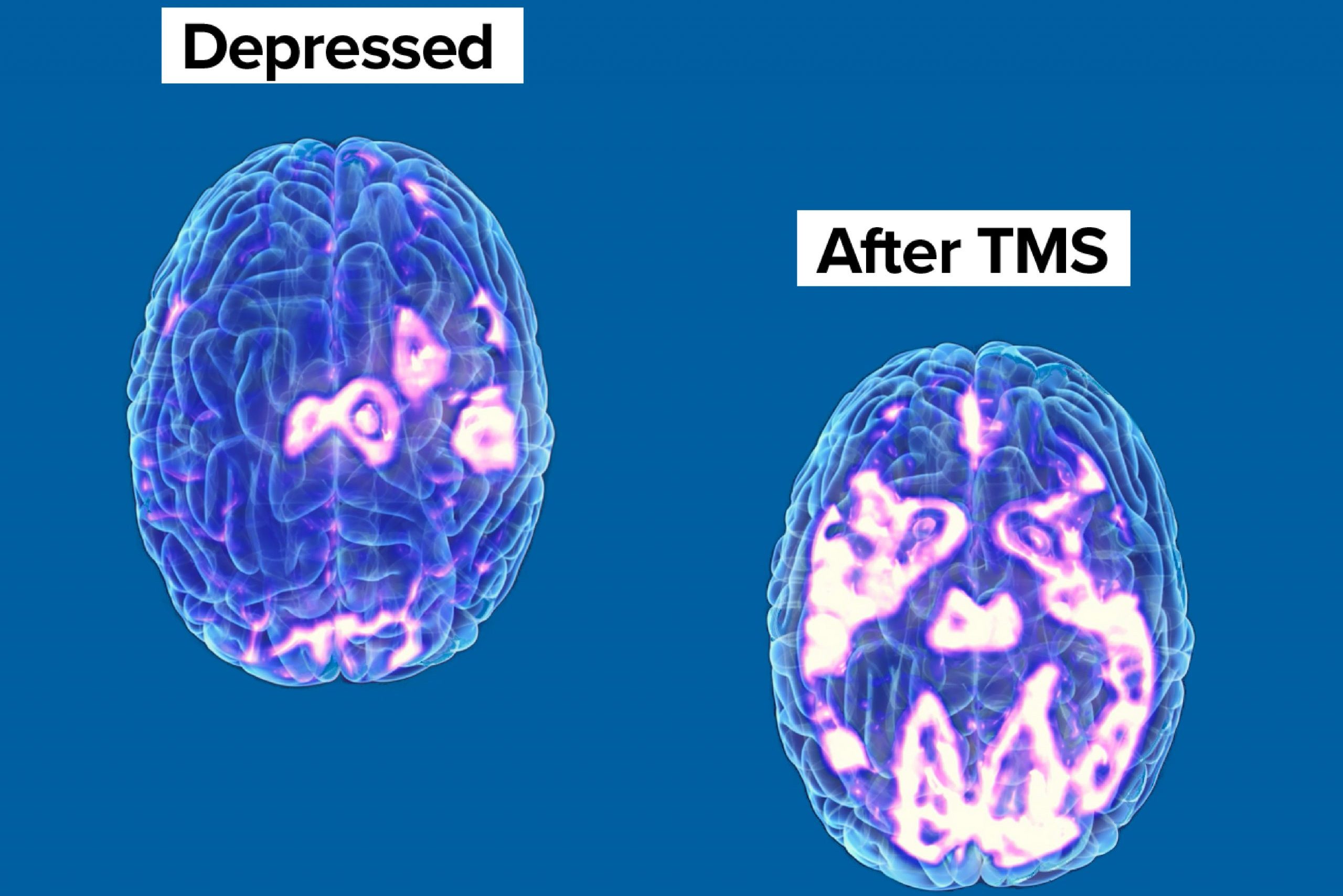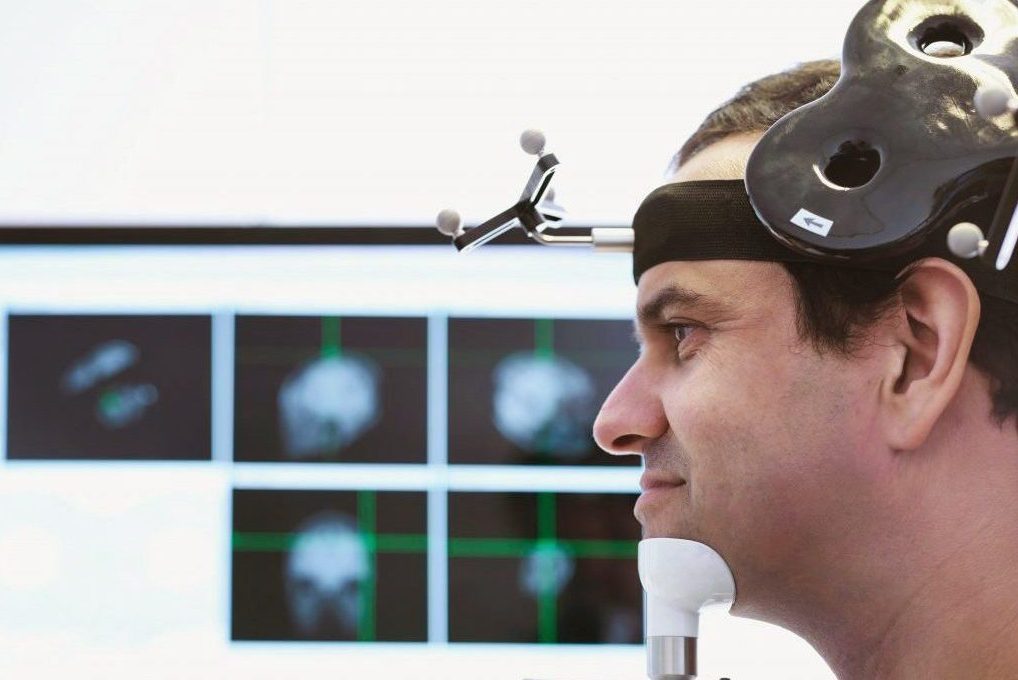Stay Up To Date
NEWS
Groundbreaking cognitive assessment tool helps improve diagnostic process and outcomes.
New Kitchener clinic puts focus on neurological issues.
Kitchener clinic unlocking the brain’s secrets.
Dr. Abdel Kaleel: advancing exceptional stroke care.
What is Transcranial Magnetic Stimulation (TMS) and how does it work?
“TMS therapy has truly given me new hope!”
“I have been in remission for 2 years from TMS therapy and I probably had depression for 55 years.”
TMS therapy “gives me the opportunity to actually live my life for the first time.”
Ontario’s HeadworX Clinic launches transcranial magnetic stimulation.
Magnetic brain stimulation may help treat depression, small study shows.
High-frequency rTMS improves clinical symptoms of depression.
Transcranial single-pulse magnetic stimulation is efficient on motor functional neurological disorders.
Parkinson’s signs and symptoms: ‘Don’t ignore these subtle hints’.
Stroke specialist, Dr. Kaleel, enhances stroke patient care in Waterloo Wellington Region.
Blog
WHAT WE HAVE TO SAY
BENEFITS OF COMBINING NEUROMODULATION AND COGNITIVE/BEHAVIOURAL APPROACHES
Our lives are made up of simple activities that help us thrive, be social, maintain…
NEURO RTMS
Transcranial Magnetic Stimulation, also known as TMS, has emerged in past decades as an impactful…
THE FUTURE OF TMS: AN UPDATE
For decades, Transcranial Magnetic Stimulation (TMS) has been recognized worldwide as a non-invasive procedure that uses magnetic…
HOW TMS CAN TREAT DEPRESSION AND OTHER MENTAL HEALTH ISSUES
TMS is an acronym referring to Transcranial Magnetic Stimulation. This is a certified and effective therapeutic treatment…
TRANSCRANIAL MAGNETIC STIMULATION (TMS) THERAPY: ALL YOU NEED TO KNOW
Over the years, various kinds of stimulation therapy have been explored to treat neurological (brain-related)…
Social
FOLLOW US
FAQs
FREQUENTLY ASKED QUESTIONS
Neurology refers to the branch of medicine that deals with the treatment and management of ailments of the nervous system, which comprises the brain, nerves, muscles, and blood vessels.
Nervous system (neurological) disorders range from birth defects like spina bifida and encephalocele to degenerative defects like Parkinson’s disease and Alzheimer’s disease. Disorders also fall into various categories such as behavioural neurology, pain management, clinical neurophysiology, interventional neurology, and epilepsy.
Yes, TMS can help our clients quit smoking. Transcranial magnetic stimulation uses electromagnetic pulses to stimulate certain parts of the brain to affect specific behavioural changes, including those responsible for cravings.
When used to stimulate these specific parts of the brain, TMS will change its circuitry and reduce your dependence. Consequently, the urge to smoke will reduce, until you can quit smoking for good.
Transcranial magnetic stimulation (TMS) is a type of non-invasive treatment of the nervous system that relies on electromagnetic fields to stimulate the brain.
The primary mental health ailment neurologists use TMS to treat is depression, especially in individuals who have not responded to traditional medications and therapeutic treatments. TMS has also been successfully used to treat other illnesses. These include:
- Anxiety
- Parkinson’s disease.
- Epilepsy
- Chronic Pain
- Bipolar disorder
- Schizophrenia
- Obsessive-compulsive disorder (OCD)
If you live in Guelph, Kitchener, Cambridge, Waterloo, and other Southern Ontario areas, you are well within the range of our clinic and can benefit from our services.
While transcranial magnetic stimulation therapy shows some promise with treating Alzheimer’s disease, it has been approved as a treatment within the European medical community with the belief that continued research will support the efficacy of TMS as a treatment.
At the moment, scientists do not understand exactly how TMS works in Alzheimer patients. However, they believe that the electromagnetic pulses it generates and sends through the brain modulate nerve cell activity. Consequently, it stimulates them, which improves Alzheimer’s disease symptoms in the patient.
A neurologist is a specialized medical doctor with specialized training in identifying, managing and treating disorders of the nervous system. To do this, they take into account the patient’s history and conduct a detailed physical examination. Some of the things they test for are vision, gait, reflexes, mental status, strength, sensation, and coordination, among others.
If you are not a medical health professional, then you cannot diagnose or self-diagnose a neurological disorder. However, if you notice certain symptoms, you should set up an appointment at the doctor’s office. These symptoms include:
- Burning and prickling sensations
- Muscle weakness or paralysis,
- Numbness
- Sensitivity
It can also include loss of balance, tingling, fainting and weakness, headaches, blurry vision, slurred speech, tremors, drastic changes in behaviour, and altered smell or taste, among others.
Sometimes, symptoms of neurological disorder can show themselves alongside gastrointestinal symptoms. That is to say, you can also experience the following alongside the previously mentioned symptoms such as:
- Difficulty chewing,
- Nausea – sometimes with vomiting,
- digestive problems
- Bladder/bowel control problems.
If you experience any of the above symptoms, we advise you to see a doctor for an examination, so they can diagnose what is wrong with you and recommend the best course of treatment.
If you or anyone you know experiences any of the following: dizziness, slurred speech, abnormal pupil size, seizures, sudden blindness or other vision-related issues, a sudden inability to move, fainting, disorientation, difficulty swallowing, breathing problems, and loss of muscle coordination, you should immediately seek emergency medical attention. These symptoms are life-threatening.
Transcranial magnetic stimulation therapy is suitable for treating various psychological disorders. It is suitable for depression treatment, autism treatment, OCD treatment, PTSD treatment, and schizophrenia treatment, among others.
You can find transcranial magnetic stimulation reviews online. Search on Google and you will come up with numerous reviews from different platforms by people who have undergone the therapy.
To better understand what TMS entails, get in touch with people who have done the therapy and have a personal discussion with them. They can answer the questions you have, which will help you reach a decision on what to do.
Research into whether TMS is suitable for treating stroke shows promise. For example, a study published in BMC Neurology explored the effect of rTMS therapy on stroke patients with an upper limb paresis. The results include a general experience of recovery, positive experiences like comfort and therapeutic benefit, and psychological effects.
Unfortunately, using TMS therapy to treat stroke is still experimental at this point.
One thing that’s certain, however, is the effectiveness of transcranial magnetic stimulation for stroke rehabilitation. Also, it is effective for treating post-stroke depression.
TMS stands for transcranial magnetic stimulation while, rTMS stands for repetitive transcranial magnetic stimulation. Basically, TMS and rTMS are the same: an indirect and non-invasive procedure that employs electromagnetic pulses to stimulate the brain’s nerves.
However, researchers use single-pulse TMS to explore the brain’s functions, while they use repetitive TMS to treat mental health disorders like depression.
Yes. In fact, a recent study from the Netherlands has shown that using a combination of psychotherapy and TMS is especially effective in treating clinical depression, one of the more treatment-resistant conditions. Combined therapy showed an almost 20 percent increase in remission rate than a single therapy alone. Common symptoms were reduced more effectively in dual-therapy treatment plans and, importantly, remission was significantly more stable at the end of the treatment for the dual-therapy patients.
The combined therapy approach has also shown to be effective in varying degrees for patients suffering from obsessive-compulsive disorder and post-traumatic stress disorder.

